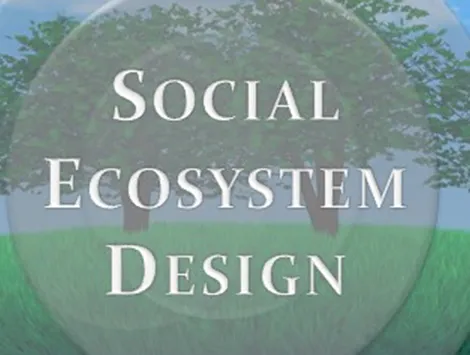The authors examine underlying motivations for individuals to share information during a group decision-making exercise. Focusing on two specific types of motivation: epistemic and prosocial, the study looks at both innate tendencies towards information sharing and the effect of a particular situational cue: group performance-based pay. Using a model called “Motivated Information Processing in Groups” (MIPG), the study examines the effect of group rewards on individual motivations to share unique information (prosocial motivations), as well the groups’ overall motivation to listen, consider, and deeply process that information (epistemic motivations). The authors find that, while some people are innately prone to sharing information and cooperating with others, group performance-based pay can act as a “substitute”; thereby spurring less cooperative and less interested people to effectively participate in the group decision making process. Implications from the study suggest that managers can either a) carefully construct the composition of decision-making teams or b) structure situational cues, such as reward packages, in such a way to encourage and facilitate optimal group decision making outcomes.
Photo: Getty Images/Cavan Images







